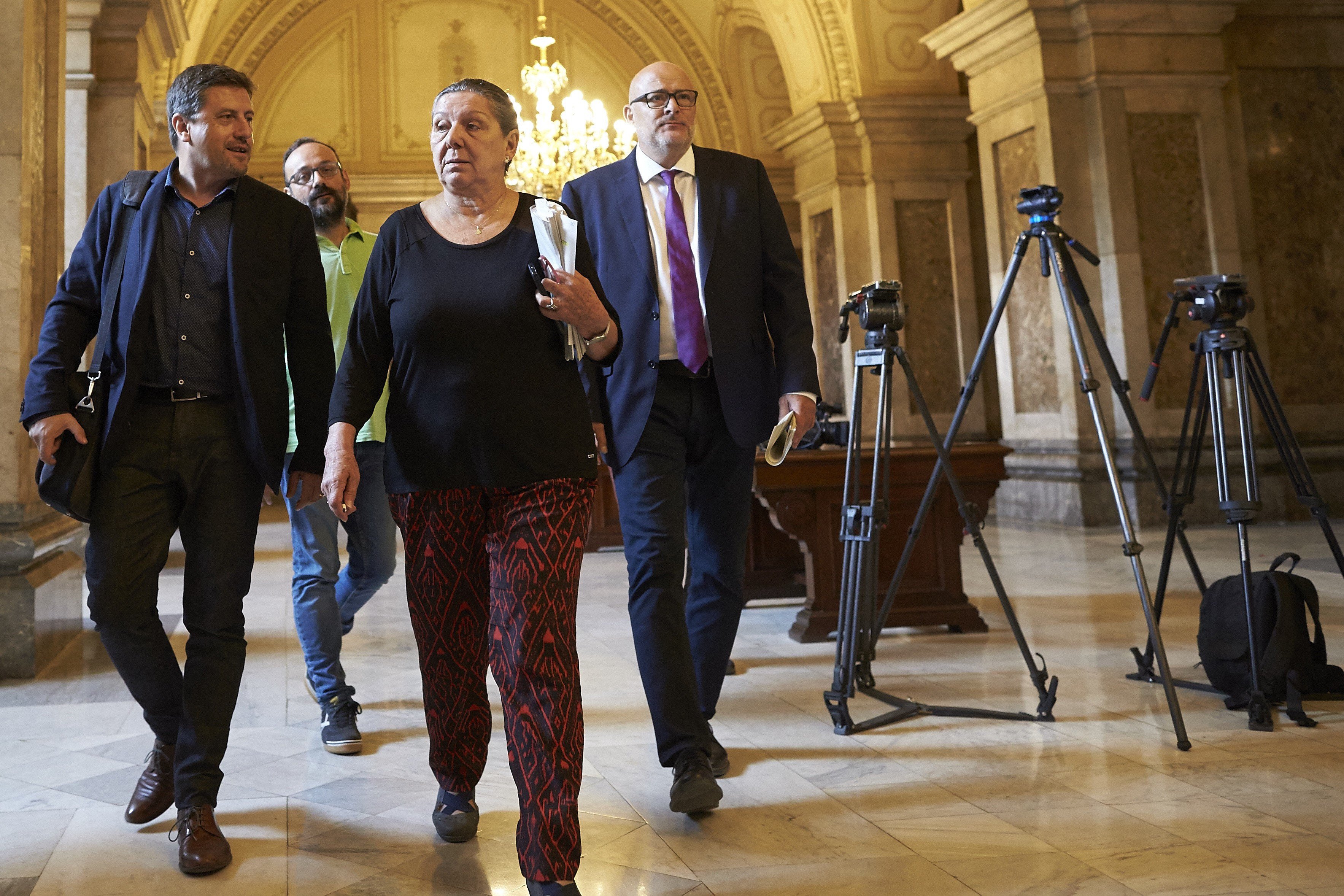The Law of Transitional Jurisprudence and Foundation of the Republic will be approved before the 1st October independence referendum to safeguard the result, guaranteeing the process that will lead to the calling of constituent elections and the passing of the Constitution of the Catalan republic if the "yes" vote wins the referendum.
The law defines, provisionally, that the president of the Catalan government will be the president of the Republic, establishes that the conferral of Catalan nationality does not require renouncing Spanish nationality, sets the co-official status of the Spanish language, discusses the seven-member electoral syndicate and the maintenance of the civil servants that currently depend on the administration of the Spanish state.
The text was presented in the press room of the Catalan chamber by the parliamentary alliance of JxSí (Together for Yes) and CUP (Popular Unity Candidacy), before being entered to the record this morning. "Today we know the effects of a 'yes' [vote], the connection and legal security of the referendum. We'll be subject to this rule and the public will know the consequences of the yes and the no," said the president of JxSí, Lluís Corominas.
Corominas emphasised that both groups agree on the content and that it should be passed before 1st October to guarantee the consequences.
Also appearing for JxSí was deputy Jordi Orobitg whilst CUP was represented by Benet Salellas and Gabriela Serra.
Salellas made it clear that this text is a "call to vote", since it makes the effects of the result clear and closes the door on the possibility of a new procedural debate after the debate as it specifies the institutions which will push forward the new republic.
The law has 89 articles and three final rulings, the last one makes it clear that the law will not come into force if "no" wins the referendum.
The Catalan government has prepared five legal decrees to enact this law if "yes" wins.
Corominas has not specified if it will be possible to present amendments to the law, even though he joked that "those who would want to present amendments are those who would not want there to be a law".

